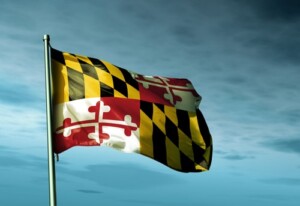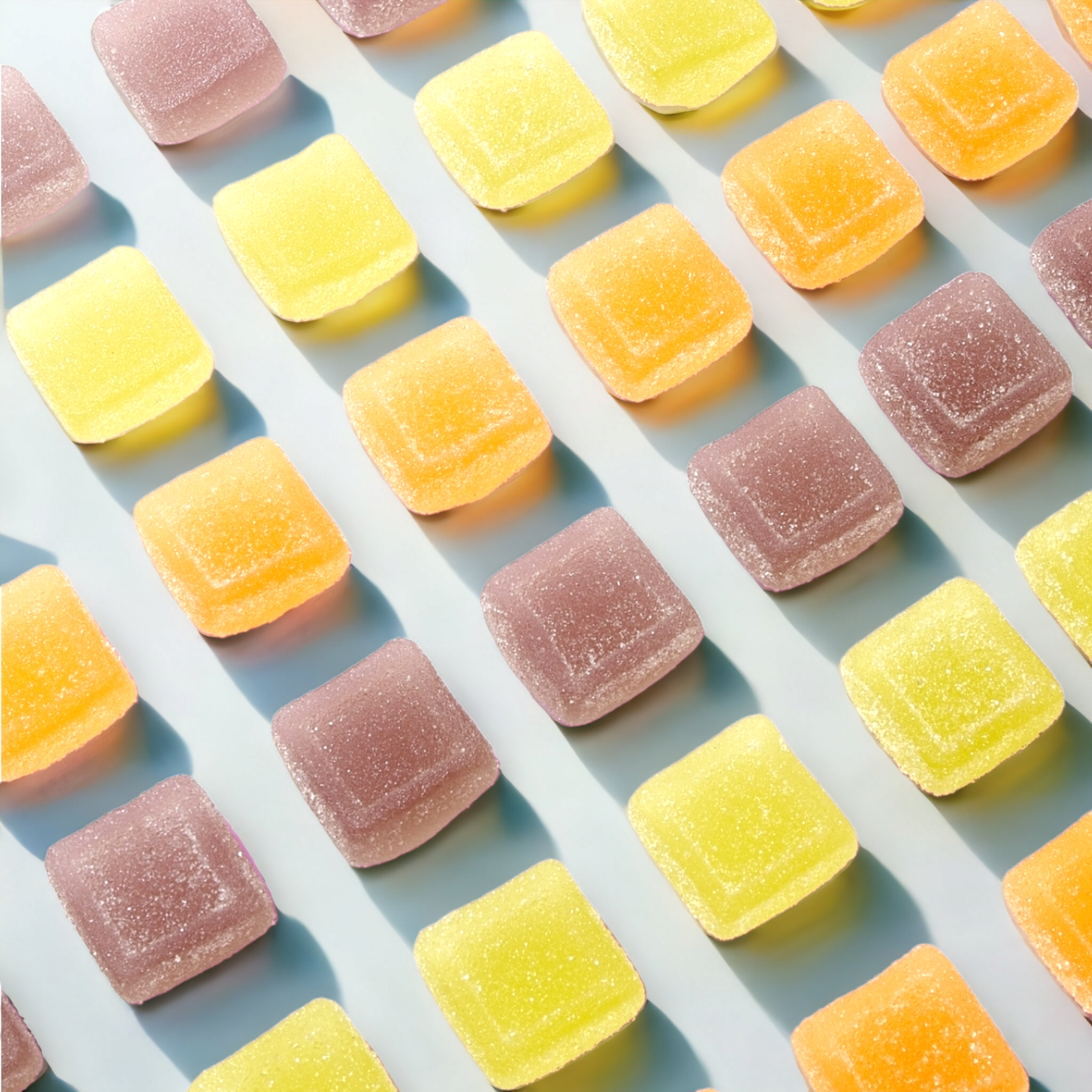Since the 2018 Farm Bill was signed into law, the industrial farming of hemp has become legal country-wide. But that doesn’t mean that anyone could just start planting the stuff right off the bat. Not quite – the 2018 Farm Bill makes hemp farming legal in states that are able to submit a hemp farming program to the US Department of Agriculture. This plan should demonstrate how the state plans to regulate hemp farming among licensed cultivators, which will then ultimately legalize hemp within the state.
In 2019, Governor Hogan signed the HB1123 which aims to oversee the farming of hemp throughout the state of Maryland. The bill has been in effect since June 1 of 2019, but hemp has been legally sold, distributed, transported, marketed, and processed in the state since 2018. How was that possible? Read on to find out.

The psychoactive compound called tetrahydrocannabinol or THC found in marijuana is what’s mainly responsible for that high that people experience under the influence of the herb. But unlike marijuana that contains high concentrations of THC, hemp only contains trace amounts of the chemical compound. In effect, hemp doesn’t produce the same high that marijuana does.
So how does the law outline that? According to the 2018 Farm Bill, legal hemp can be distinguished by its THS concentration. Any part of the cannabis plant – including its derivatives – will be considered legal hemp if they contain no more than 0.3% THC per dry weight basis. Anything that exceeds that will be classified as marijuana and is deemed illegal for recreational use within the state.
There are more than a handful of CBD stores throughout the state of Maryland. These specialty shops cater to buyers with various needs and preferences, offering a range of choices that use hemp not only for CBD but also for its fiber. Most often, these stores offer products from a broad range of brands within the CBD market, importing their products from hemp processors from around the country.
Thanks to the 2018 Farm Bill, the online sale of hemp has become a booming industry. That’s mainly because with the new law, hemp is no longer a regulated substance which means you can ship it and mail it without a hitch. So interstate transactions have picked up online, letting buyers source their product from all over the country.
Keep in mind though that not all CBD products are made the same. Some of these formulations are better in quality than others. So, to make sure you’re buying CBD that’s the highest quality, read the fine print. Ask for third-party lab test results to learn more about the product’s chemistry, and read about the retailer to find out where they source their formulations and how they’re made.

In essence, any product can be sold and purchased within Maryland as long as the hemp used for its production meets the law’s criteria for legal hemp. That is, the raw material used to derive these CBD products should contain no more than 0.3% THC, to be proven by third party lab test results.
Let’s be clear – hemp is 100% legal to grow, own, use, sell, and distribute throughout the state of Maryland. But that doesn’t mean you can just pop out a pre-roll while you’re walking the streets. On the contrary, it’s important to consider the similarities between hemp and marijuana.
As a recreational substance, marijuana is still widely illegal throughout the state. Medical marijuana users are granted identification cards and physician’s prescriptions in order to purchase marijuana products. So, anyone apprehended using marijuana without the corresponding ID and prescription would be committing a misdemeanor or felony, depending on the circumstances.
As of writing, law enforcement agents don’t have any way to prove that hemp is hemp. And because it looks and smells just like marijuana, they have no choice but to treat it as such. That said, if you don’t want to run in with the law, it would be in your best interest to avoid using or carrying raw hemp flower with you when you’re out and about. If you use CBD throughout the day and need doses while you’re at work or away from home, opt for other forms like edibles or oils.
That’s still a no-no. Hemp cultivation in the state of Maryland can only be done by licensed farmers. These farmers need to apply for the state hemp farming program by submitting an application form and the necessary requirements. A fee shall be charged for licensing, and farmers need to renew their license annually.
Since 2016, hemp farmers have been operating in Maryland thanks to the state’s hemp research program that partnered up with hemp farmers to better understand the inner workings of the once enigmatic herb. With the passing of the Farm Bill in 2018, these research harvests were permitted to be processed, distributed, and sold, making Maryland’s hemp market pretty stable since it’s been around for a while.
But even then, the Free State is far from permitting home gardeners to grow their own hemp. For the most part, that’s the state’s solution versus unregulated hemp reaching the market. Because there’s no way to trace or test the hemp products that come from households, then home farmers might penetrate the market with hemp that doesn’t meet the federal guidelines for legality.

With its hemp research program that jumpstarted the hemp industry, Maryland enjoys an industry that’s far more stable than most others on the map. Of course, there are still some murky areas to the law, including the use of hemp in public places. Nonetheless, the lenient regulations and diverse selection of CBD products creates a positive atmosphere for all of those interested in the agricultural commodity.
With time, we’re hoping to see improvements to hemp legislature. That includes greater freedoms for both buyers and growers, and improved methods for differentiating hemp and marijuana.
For Further Reading :
[starbox id=3]

